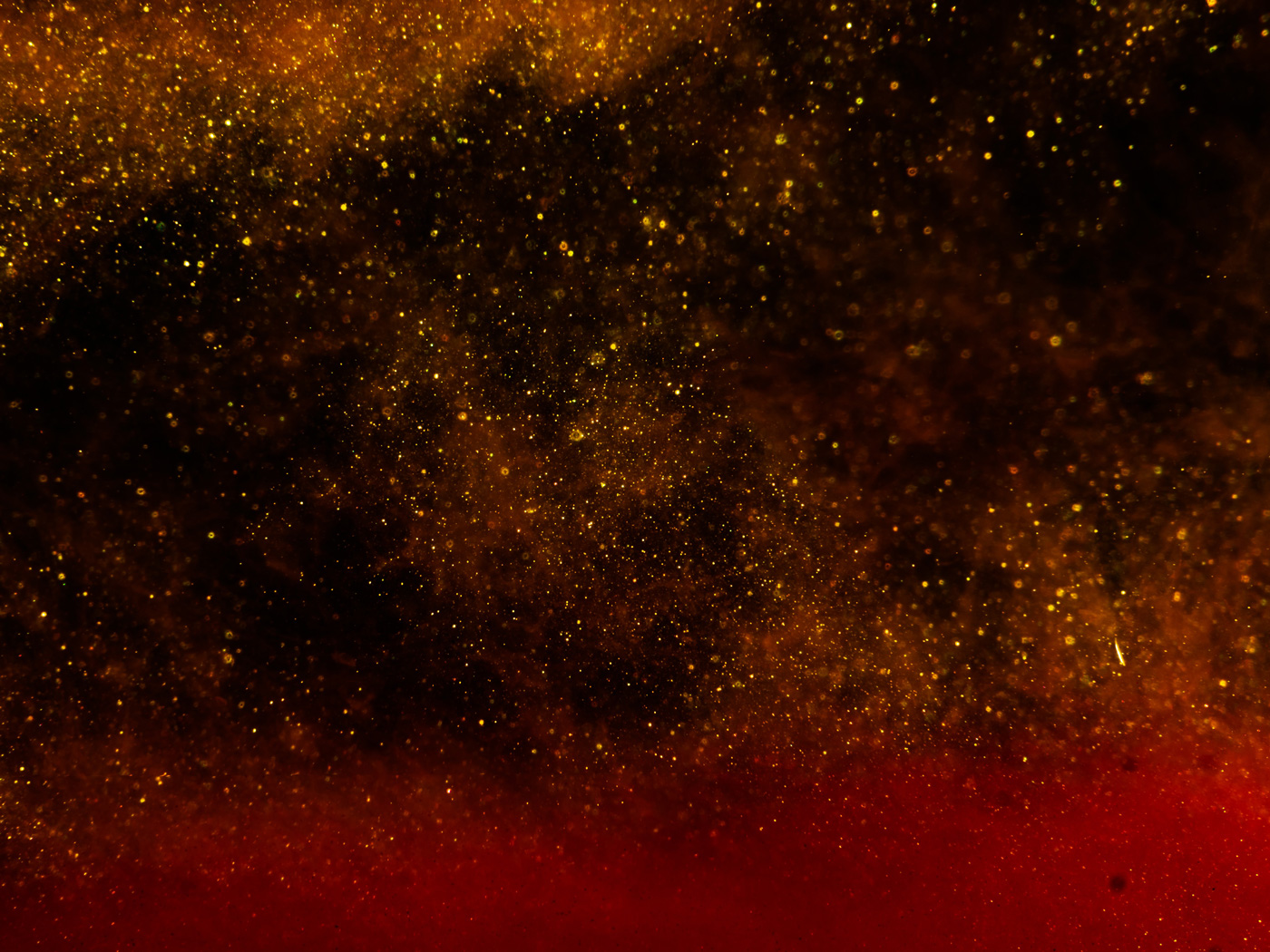
Filter by Columns


Perhaps it’s a myth, but it’s compelling regardless, that we only use 10% of our brain. Similarly, for those of us who don’t have a photographic memory or any other supernatural abilities to save us some time, allow us to read every book we’ve purchased, refresh our shelves, we only retain, supposedly, about 10% of what we’ve read.
Now, this doesn’t sound like much considering the gargantuan effort involved in reading anything of substance, especially nowadays, in the age of distraction, when the ambient watch soothes our scrolling, and the re-watch beckons when our memory thins—we seem to wait, indeed can’t wait for that moment, a sliver of oblivion to refill with what was once already there; why try something new and risk, ironically, wasting time?—but it adds us, and if we read well, widely and wisely, as we should, is always worth it.
Each 10% becomes an essential strand of our intellectual make-up. We readers are the ugly-kind-of-cute-conglomerates of those we read, walking expressions and personifications of Kafka, Sebold, and, in all likelihood, and it feels terrible to say it now, Rowling; I guess we can’t help that some writers turn out to be terrible people, or take back all seven Harry Potters.
Would we want to?
This 10% varies. Sometimes it’s a protagonist. Osamu in Mishima’s Kyoko’s House immediately comes to mind, a narcissistic actor who flips open a mirror while love-making to peer into his own flushed face.
I couldn’t tell you the rest of the story, or indeed any other aspect of it without rereading it; has it even been translated? Did I read it, or am I drawing from some other source, an essay, perhaps, or the must-watch 1985 film A Life in Four Chapters?
Regardless, another read: another 10%.
Sometimes it’s a single, traumatizing passage, like the one describing the “legion of horribles” in Cormac McCarthy’s Blood Meridian, which I’ve written about elsewhere; we can recall the scene as vividly as when we first read it, or with some variation; time always adds its touches. We can recall exactly how it made us feel, as well as the nightmares it invoked. How they made us feel. Those 5AM ripples; not quite shivers.
Sometimes it’s a quote we can’t fully grasp no matter how many times we read it, or understand why it sticks, keeps coming back. From Calvino’s If on a winter’s night, a traveler: “I felt a kind of vertigo, as if I were merely plunging from one world to another, and in each I arrived shortly after the end of the world had taken place.”
In this column, I try to make sense of things. To grasp and understand. I explore recesses and excesses. Experiment. Each subsequent entry will therefore focus on a different work of fiction and the 10% I retained from it. The result might be a rambling meditation on aesthetics, or on capitalism, or on memory, or a venting about social media. It might be something far more mundane, or weird, like a spiraling about grammatical contractions.
Like Marquez instructs, I let my intuition guide.
I follow the brush.
Photograph of golden light by Dan Cristian Pădureț on Unsplash
Christopher Impiglia is a writer from Bridgehampton, NY. He is also an adjunct professor of English at the Fashion Institute of Technology (FIT), and an editor of art books. He received an MFA in Fiction from The New School and an MA in Medieval History and Archaeology from the University of St Andrews. A Finalist in Nowhere Magazine’s 2020 Spring Travel Writing Prize and the 2019 Hemingway Shorts Contest, his words have otherwise appeared in Columbia Journal and PANK Magazine, among others. Find him on Twitter @Impigliato.
View all Posts